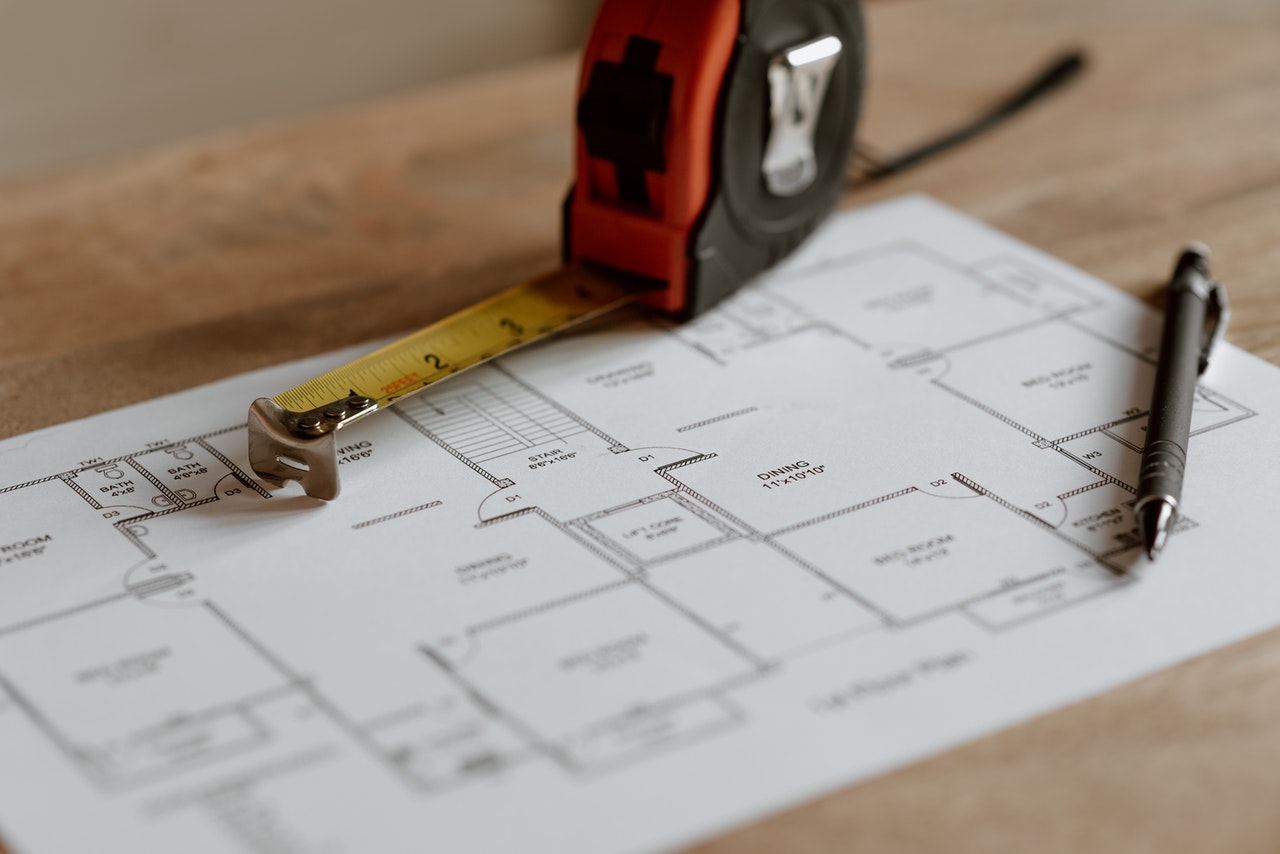
Generally, students who complete a program at a commercial electrical school are eligible for a reduction in the time spent on training. You will still need to be trained under the direct supervision of a licensed electrician after graduation, but a for-profit school facilitates your learning and reduces the time it takes to complete the next step in the process.
Once you have completed the Electrician training course, you can access the training.

You can also do an apprenticeship through Independent Electrical Contractors (IEC) or Associated Builders and Contractors (ABC) and Electrician Training Union Joint Training and Training Committees (JATC).
As an apprentice electrician, you will learn electrical installation techniques and other skills through on-the-job training and classroom courses offered by business schools or labour organizations and trade unions.
You must complete a four- to five-year training and employment program under the supervision of a licensed handyman, labourer, or limited-liability electrician. local electrician.
Including your experience as a labourer, you should expect to take 5 to 9 years to get your license as a chief electrician. Typically, you will work two years as a blue-collar worker before you can become a chief electrician if you live in a state that has a blue-collar license.
To start training as an electrician, you need to enrol in an apprenticeship or technical school. You’ll need to complete a minimum of 720 hours of electrical training in an approved business school/apprenticeship program that combines hands-on learning with classroom instruction.
This includes two to five years of advanced technical training in the field under the direct supervision and supervision of a licensed electrician.
Typically, after 4-5 years, the apprentice gains experience to apply for the next stage of the license, such as Residential Electrician or Apprentice Electrician.
If you choose to be trained by a professional electrician without a professional training program, you may be required to take a course in the National Electrical Code (NEC) and related state codes.
Upon completion of a state-approved commercial school or apprenticeship program, you will need to study the National Electrician Code to be able to take the licensing exam.
Once you have completed all the training and internship requirements, you can take the state license test. Once these requirements are met, you can apply for a license and take the master’s test.
In addition to these basic license types, there are several other options. You can get an electrical sign apprentice, sign electrician, or sign an electrician license. There are also options if you want to become a lineman or maintenance electrician.
Licensed electricians, known in the industry as working electricians, can handle most electrical projects and may decide to work for a company or be self-employed.
Upon completion of the apprenticeship program, electricians are considered road workers and may perform tasks on their own following local or state licensing requirements.
To become an electrician, requirements include an additional training program, a 4-5 year apprenticeship program and, in most cases, a government license. Commercial electrician school is not required, but many would-be electricians start by taking a commercial electric school or community college electrical program.
Most programs allow you to participate in workshops or internships in the classroom as well as with advanced electricians. Once your training is complete, your vocational school can put you in touch with local electricians such as electricians Brighton or electricians St Kilda who work in the industry of your choice and are willing to hire apprentices.
Then take the optional (but recommended) step of completing an electrician training program before an apprenticeship at a local commercial, technical, or vocational school.



